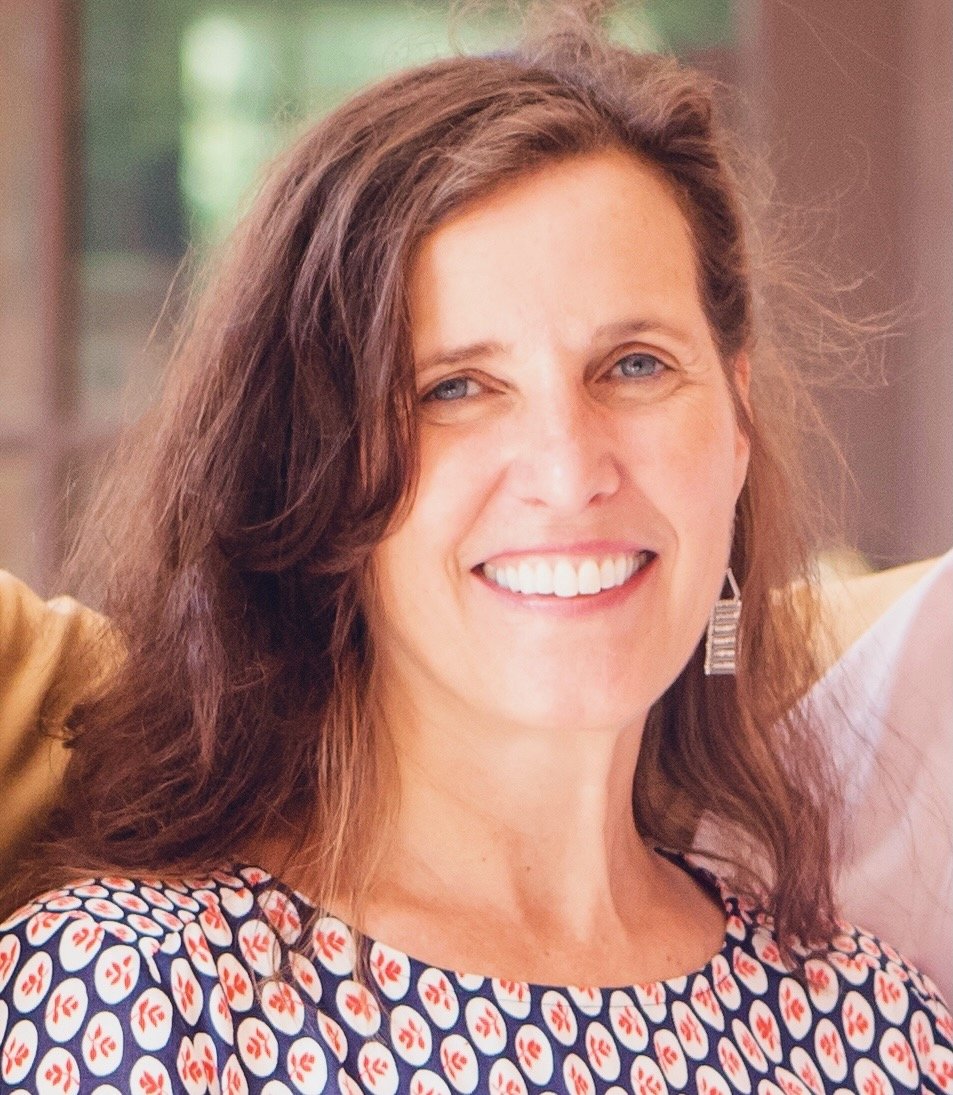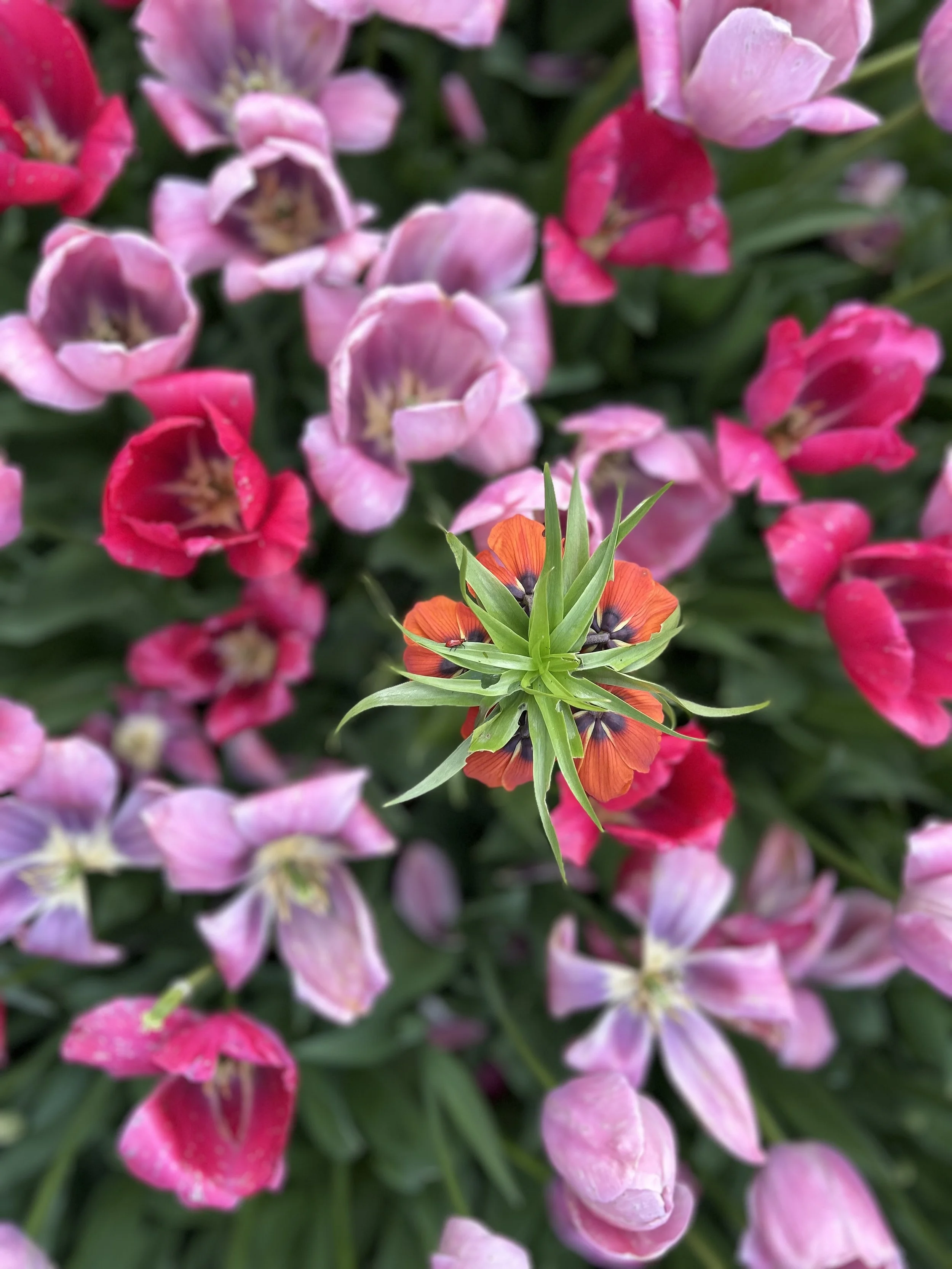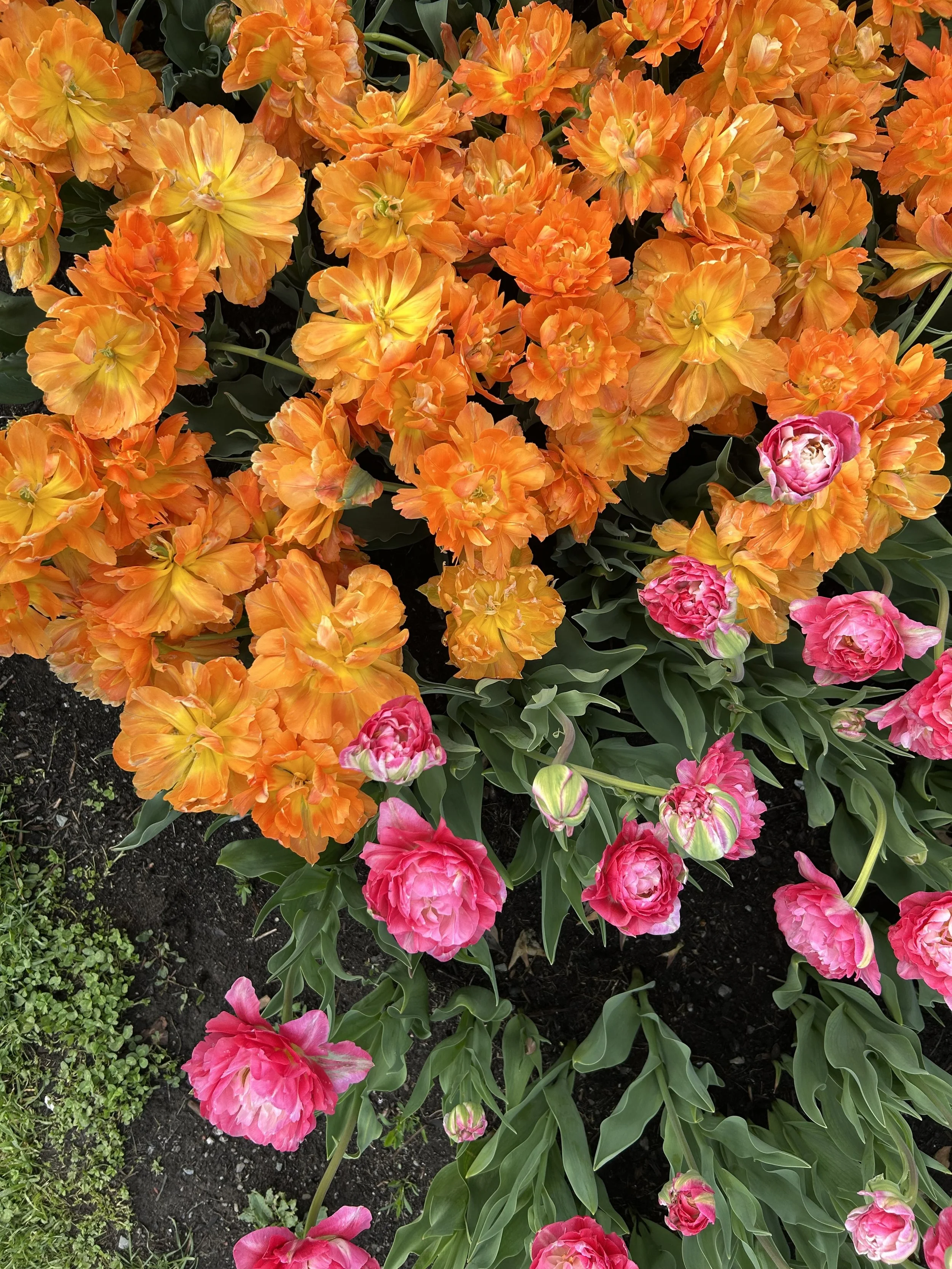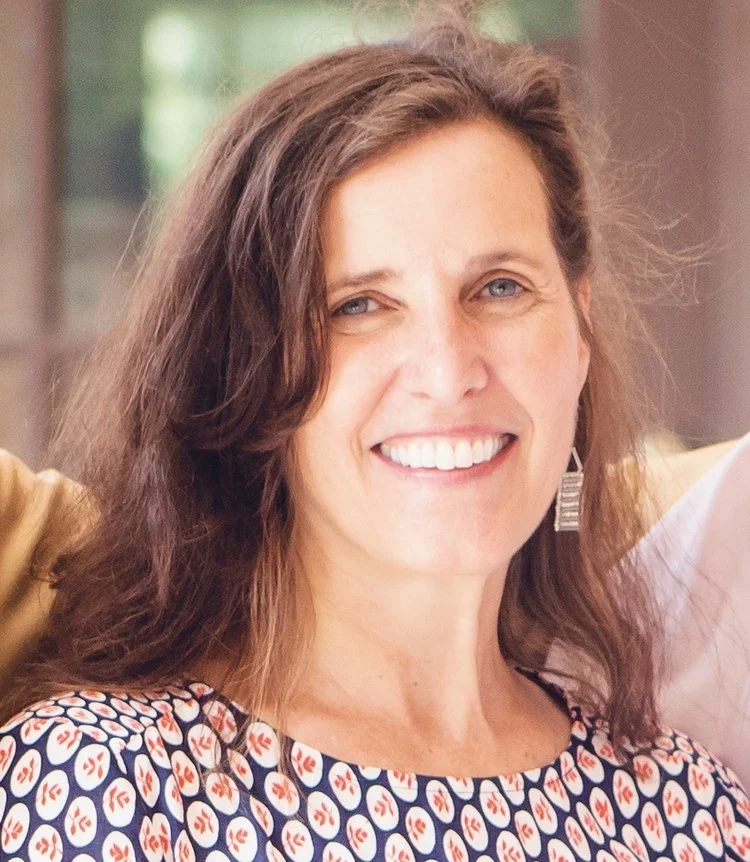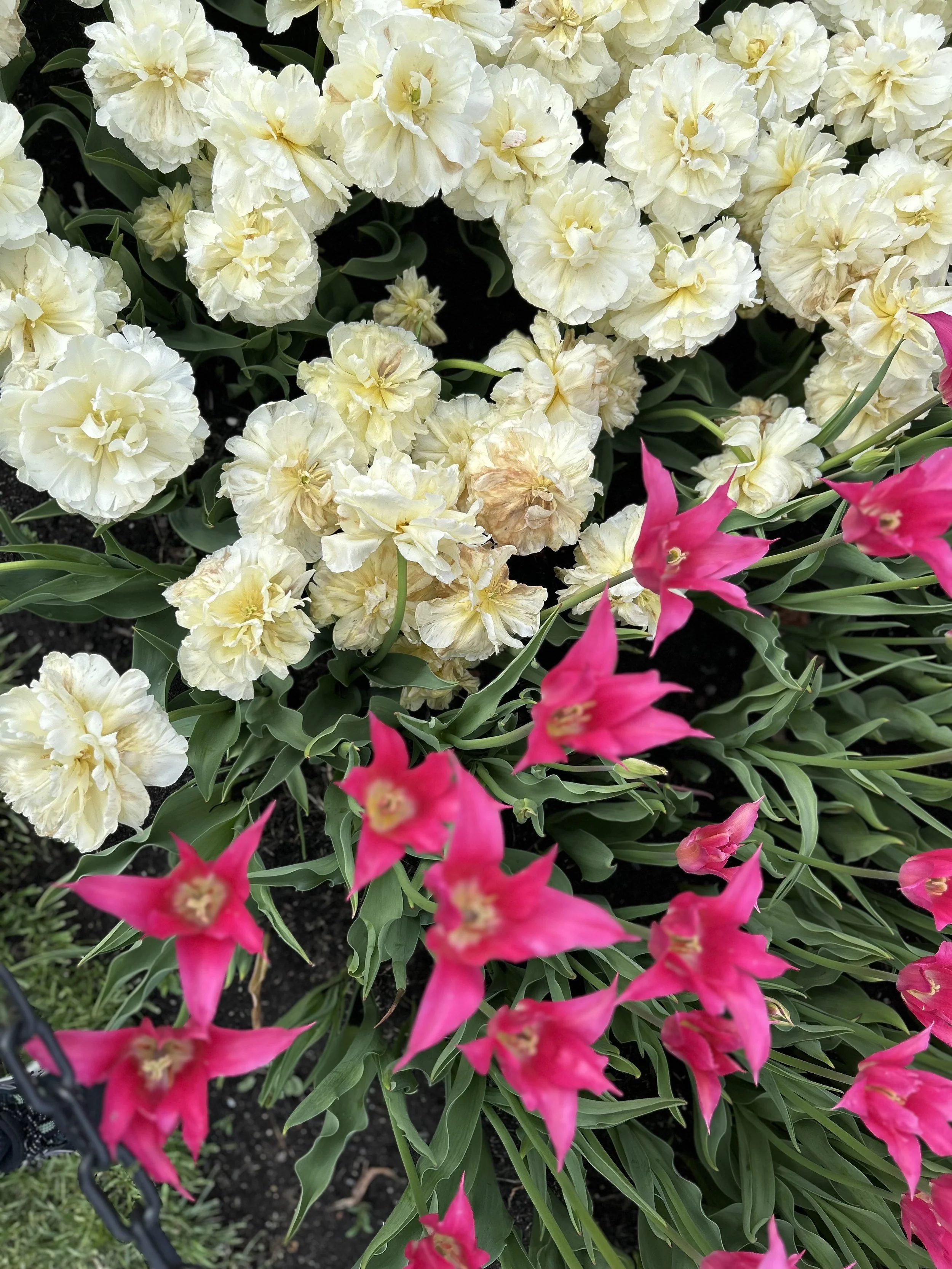The first story I ever wrote was about a group of girls choosing who would go first in a game. I didn’t realize it then, but I was already asking the questions I’d spend my life circling: Who decides? Who gets heard? How do we bring everyone in?
That instinct—to shape chaos into something understandable—stayed with me. Writing became my form of survival, then witness, then return. I have written through trauma, policy, research, grief, and memory. Each piece an answer to the quiet question beneath everything: Now that you know, what will you do with it?
My creative work spans memoir, fiction, poetry, and performance, exploring themes of survival, maternal complicity, spiritual terror, and radical repair. My memoir-in-progress, Leaving the Secret World: What Happens After the Truth Comes Out, weaves personal narrative with public health work, cultural analysis, and the slow construction of hope. My novel Howard Be Thy Name is a literary exploration of family betrayal, secrecy, and the long arc of survival.
Dream Alibis, a cross-genre collection of poems, flash fiction, and a short play that explores how we rewrite our memories to survive—where dreaming becomes both refuge and confession. My play Little Red Wagon centers on a family navigating the aftermath of a political activist’s suicide, bound by grief and silence. The play was produced on Purple Radio and staged at the University Club of Albany.
Other dramatic works include We Are at the Well and Waller, which explore maternal complicity and relational survival in the aftermath of spiritual and emotional harm.
My short story “Second, You Are Really Nigerian” was published in Arts and Understanding Literary Magazine, received an Honorable Mention Award from Glimmer Train and the Hudson Valley Writers Guild, and was later adapted into a one-act play performed by The Wit and Will Theater Company.
My essays have appeared in The Guardian, Chicago Story Press, P.S. I Love You, DewDrop, Arts & Understanding, and The Writer. Mugwort received distinction in the 2025 Writer’s Digest Personal Essay Awards, and The Archivist, created in collaboration with photographer Sarah Blesener, is forthcoming in North American Review.
My essay “How Do You Forgive the Unforgivable?” was nominated for both a Pushcart Prize and Best American Essay in 2025. Another personal essay, “This Is About My Mother”, appeared in The Guardian and explores silence, complicity, and the limits of maternal love.
I write two SubStack newsletters—The Second Silence on cultural critique and survivorship, and Dream Alibis, a blend of poetry, photography, dream, and memory.
Much of my writing is informed by my parallel life as a public health strategist. For over two decades, I’ve worked at the intersection of narrative, trauma recovery, and children’s wellbeing. I continue to develop programming that integrates storytelling, ethics, and systems change.
I return to the same questions: Who is at the table, and who isn’t? When should I speak, and when should I listen? How do we enter a space with grace and humility? When is it time to lead, and when is it time to step aside? Writing doesn’t give me answers. It gives me better questions. It keeps asking: What else? Who else? Where else?
